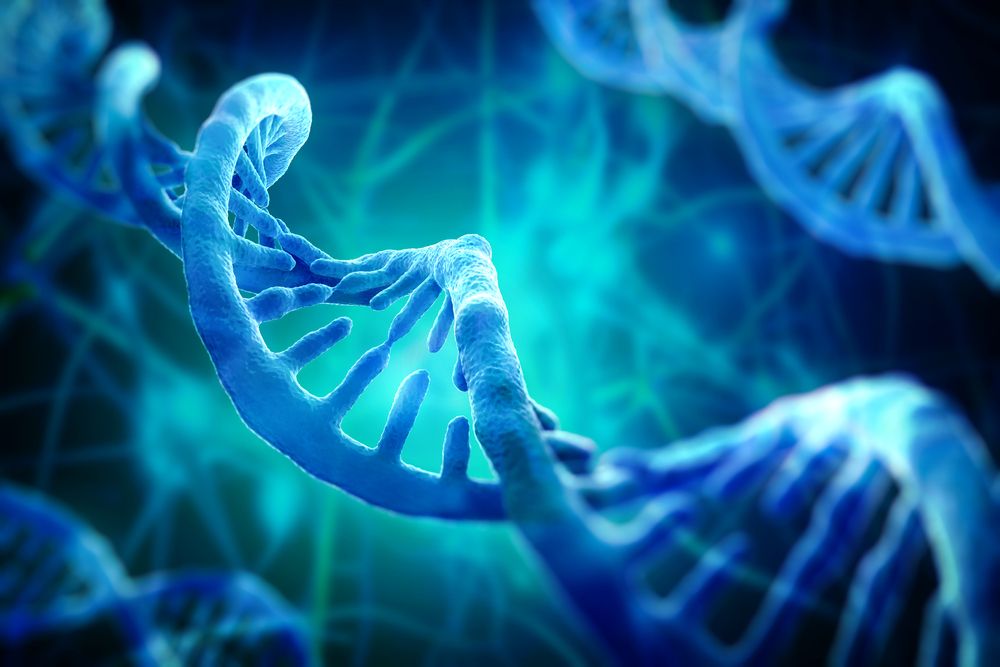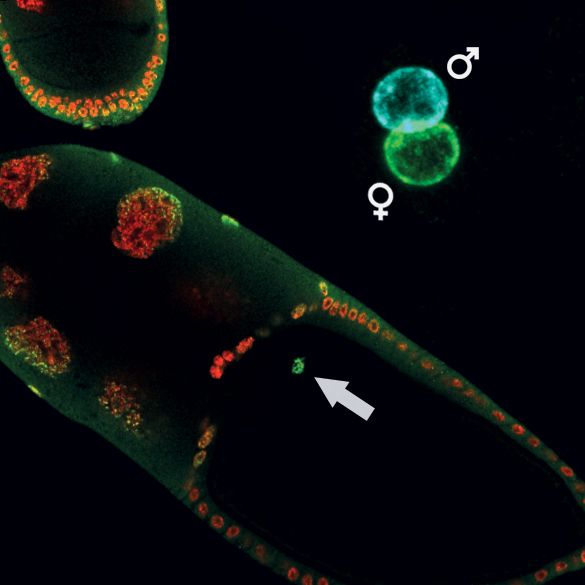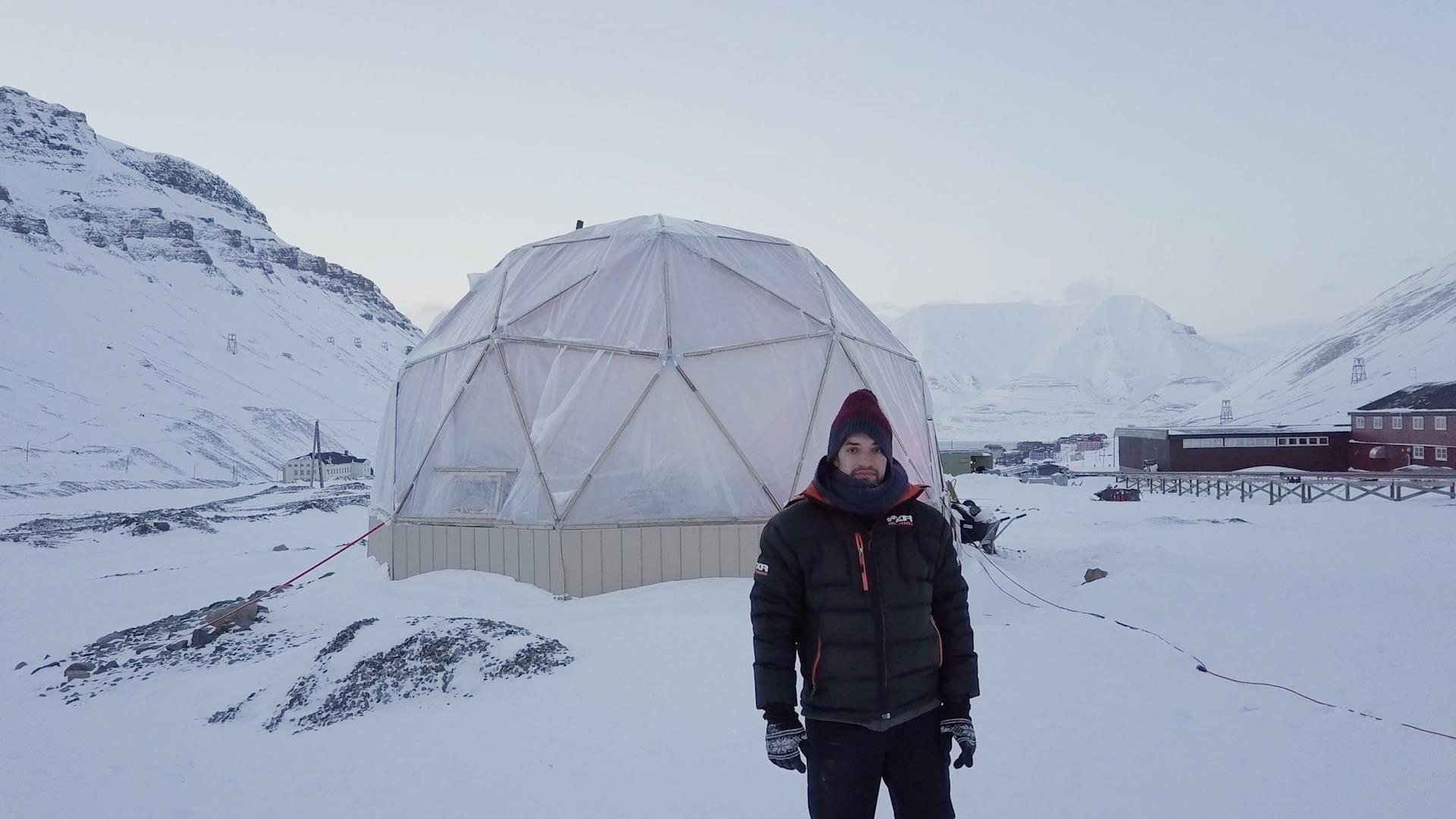Archive for the ‘food’ category: Page 284
Jul 26, 2017
New Study Suggests Previous Concerns about CRISPR Safety are Questionable
Posted by Steve Hill in categories: bioengineering, biotech/medical, food, genetics, life extension
Gene editing aims to make precise changes to the target DNA whilst avoiding altering other parts of the DNA. The objective of this is to remove undesirable genetic traits and introduce desirable changes in both plants and animals. For example, it could be used to make crops more drought resistant, prevent or cure inherited genetic disorders or even treat age-related diseases.
As some of you may recall, back in May a study was published which claimed that the groundbreaking gene editing technique CRISPR caused thousands of off target and potentially dangerous mutations[1]. The authors of the paper called for regulators to investigate the safety of the technique, a move that could potentially set back research years if not decades.
This publication has been widely blasted by the research community due to serious questions about the study design being raised. One of the problems with this original paper was that it involved only three mice, this is an extremely poor number to make the kind of conclusions the paper did. There have been calls for the paper to be withdrawn and critical responses to the study.
Jul 26, 2017
MIT’s Food Computer Is Changing The Future Of How We Eat
Posted by Klaus Baldauf in categories: computing, food
Jul 25, 2017
Wisconsin company to implant microchips in employees
Posted by John Gallagher in categories: computing, food
A Wisconsin company is offering to implant microchips in its employees that will allow them to scan into a building or buy food at work.
Jul 22, 2017
Protein produced from electricity to alleviate world hunger
Posted by Montie Adkins in categories: food, solar power, sustainability
A batch of single-cell protein has been produced by using electricity and carbon dioxide in a joint study by the Lappeenranta University of Technology (LUT) and VTT Technical Research Centre of Finland. Protein produced in this way can be further developed for use as food and animal feed. The method releases food production from restrictions related to the environment. The protein can be produced anywhere renewable energy, such as solar energy, is available.
“In practice, all the raw materials are available from the air. In the future, the technology can be transported to, for instance, deserts and other areas facing famine. One possible alternative is a home reactor, a type of domestic appliance that the consumer can use to produce the needed protein,” explains Juha-Pekka Pitkänen, Principal Scientist at VTT.
Along with food, the researchers are developing the protein to be used as animal feed. The protein created with electricity can be used as a fodder replacement, thus releasing land areas for other purposes, such as forestry. It allows food to be produced where it is needed.
Continue reading “Protein produced from electricity to alleviate world hunger” »
Jul 20, 2017
Dear Mum: A Letter from the future
Posted by Alexandra Whittington in categories: economics, existential risks, food, futurism, government
Dear Mum,
We’ve missed you over the ten long years since you passed away. You wanted me to write to you to tell you what’s happened, so now in 2030 I am fulfilling that wish.
Tags: future, humanity, sustainability
Jul 17, 2017
This restaurant hired robot waiters to serve you your food
Posted by Shailesh Prasad in categories: food, robotics/AI
Jul 17, 2017
Epigenetics between the generations: Researchers prove that we inherit more than just genes
Posted by Shailesh Prasad in categories: biotech/medical, food, genetics
We are more than the sum of our genes. Epigenetic mechanisms modulated by environmental cues such as diet, disease or lifestyle take a major role in regulating the DNA by switching genes on and off. It has been long debated if epigenetic modifications accumulated throughout the entire life can cross the border of generations and be inherited to children or even grand children. Now researchers from the Max Planck Institute of Immunobiology and Epigenetics in Freiburg show robust evidence that not only the inherited DNA itself but also the inherited epigenetic instructions contribute in regulating gene expression in the offspring. Moreover, the new insights by the Lab of Nicola Iovino describe for the first time biological consequences of this inherited information. The study proves that mother’s epigenetic memory is essential for the development and survival of the new generation.
Humans have than 250 different cell types. They all contain the exact same DNA bases in exactly the same order; however, liver or nerve cells look very different and have different skills. What makes the difference is a process called epigenetics. Epigenetic modifications label specific regions of the DNA to attract or keep away proteins that activate genes. Thus, these modifications create, step by step, the typical patterns of active and inactive DNA sequences for each cell type. Moreover, contrary to the fixed sequence of ‘letters’ in DNA, epigenetic marks can also change throughout life and in responses to environment or lifestyle. For example, smoking changes the epigenetic makeup of lung cells, eventually leading to cancer. Other influences of external stimuli like stress, disease or diet are also supposed to be stored in the epigenetic memory of cells.
It has long been thought that these epigenetic modifications never cross the border of generations. Scientists assumed that epigenetic memory accumulated throughout life is entirely cleared during the development of sperms and egg cells. Just recently a handful of studies stirred the scientific community by showing that epigenetic marks indeed can be transmitted over generations, but exactly how, and what effects these genetic modifications have in the offspring is not yet understood. “We saw indications of intergenerational inheritance of epigenetic information since the rise of the epigenetics in the early nineties. For instance, epidemiological studies revealed a striking correlation between the food supply of grandfathers and an increased risk of diabetes and cardiovascular disease in their grandchildren.
Benjamin Vidmar is the founder of Polar Permaculture and he’s trying to do the impossible: grow vegetables in the harsh landscape of Svalbard, a group of Norwegian islands in the Arctic Ocean.


















